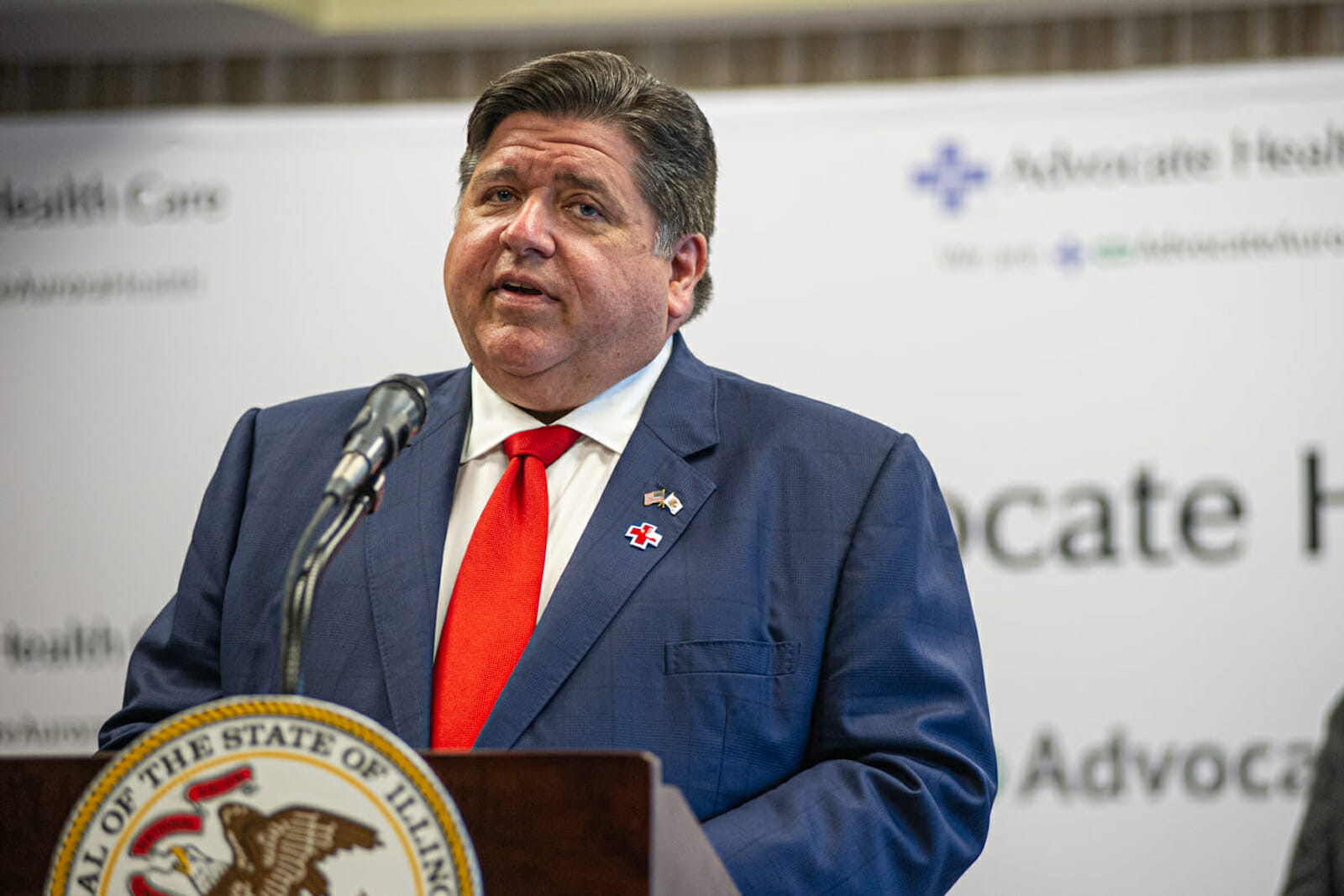
Illinois Expands the Nanny State Yet Again
If Illinois Governor Jay Robert “J.B.” Pritzker is so keen to shield Illinois residents from smoking, then why is he kneecapping sales of an effective alternative that’s proven to help wean smokers off the pack?
Pritzker just signed a bill that further restricts Illinois citizens from purchasing e-cigarettes and vapes. He hailed the Preventing Youth Vaping Act as a step towards “protecting the health and safety” of Illinois residents. The move is part of a growing hysteria around tobacco and smoking, which has led to stricter federal and state laws prohibiting smoking. But if reducing smoking is the goal, then taking aim at vaping is a backwards approach. The new law is a deeply misguided “sin tax” issued under the guise of public health.
The bill is designed to decrease tobacco use by making it more difficult for e-cigarette retailers to market their products to new and existing customers. The law increases the burdens e-cigarette companies have to vet those who buy vapes, and it explicitly states that vaping may not be marketed as a low or lower-risk tobacco product. However, scientific research indicates that vaping is factually less dangerous than cigarettes.
It is well established that there are long-term health consequences for vaping and that using e-cigarettes is not harmless. However, science has not definitively shown to what extent vaping may affect a person’s long-term health. What we do know is that vaping is better for one’s health than traditional tobacco products.
E-cigarettes are less likely to cause lung cancer, and the heated liquid causes less physical irritation. E-cigs also produce fewer toxins than traditional burned cigarettes. If cigarette smokers start vaping to improve their long-term health outcomes, that would be a good thing; technological advances often improve quality of life. Scientists continue to do more research, as they should, but the current consensus should make lawmakers cautious about targeting e-cigarettes.
The Preventing Youth Vaping Act also prohibits vaping companies from marketing their products as “smoking cessation” tools. This clause is blatantly biased against e-cigarettes, and by extension, smokers themselves. A significant number of people have used vapes and e-cigs to help them quit smoking. In fact, vaping may be statistically more effective at helping smokers quit than nicotine patches or gum.
Using vapes can help smokers who want to quit by helping them lower their nicotine consumption over time. In addition, e-cigs can mitigate withdrawal symptoms for those who don’t want to simply stop smoking immediately. Going “cold turkey” rarely works, and e-cigarettes can help. This is not to say that vapes are a smoking cessation device. Nicotine in any form is addictive because the substance is, by its very nature, habit-forming.
However, Pritzker and others seem to have ignored the data that suggests vaping can help smokers. Illinois is banning vape companies from marketing to smokers who want to quit simply because the FDA has not approved their product as a smoking cessation device. That means the potential benefits of using vapes to wean off nicotine may not reach the vast majority of smokers who want to quit. It also disincentivizes these companies from tailoring products to those customers. In fact, it makes doing so without FDA approval illegal.
These new laws seem motivated by the view that Americans shouldn’t be given the liberty to freely decide whether to use tobacco or not. Some are openly arguing that all cigarettes should be banned. Even though public health has become increasingly important given the pandemic, we shouldn’t try to regulate all dangers.
Nearly every activity is dangerous in some way. Driving a car is relatively risky; an average American is twice as likely to die in a car than by a gun. Drinking any amount of alcohol is dangerous, too. Barring obvious exceptions, each individual should be allowed to choose what risks they think are worth taking. It would also be futile to restrict every dangerous behavior. So while laws like the one passed in Illinois may have good intentions, politicians and special interest groups shouldn’t decide whether something is safe enough for citizens to consume.
Residents of Illinois will have a more challenging time purchasing vaping products once the Preventing Youth Vaping Act takes effect next year. Unfortunately, the new law won’t make vaping safer and will inhibit smokers from using vapes to quit tobacco. Instead, the new regulation will drive up the price of e-cigs which will disproportionately hurt low-income smokers. More importantly, a free society is one that allows citizens to choose what goes into their bodies. Citizens should be on guard against new vaping laws lest their freedoms go up in smoke.
